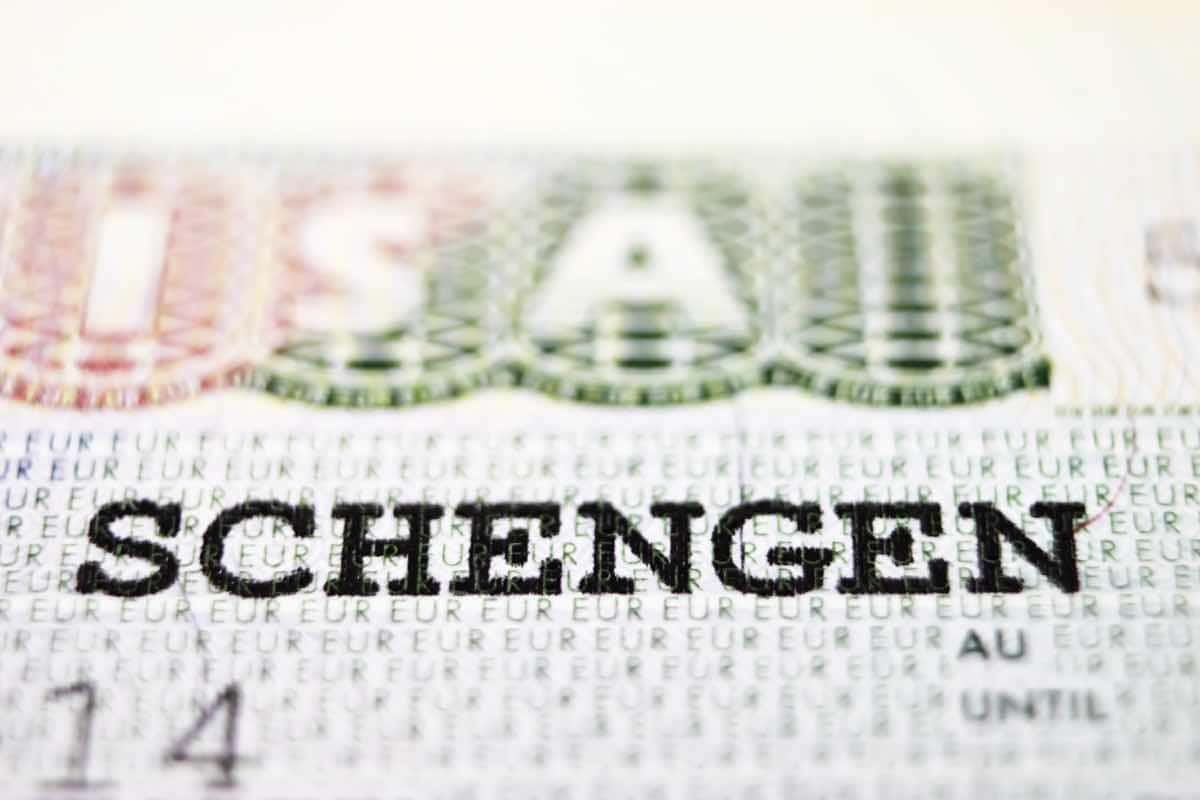
18-11-2022
Things move quickly in the realm of European visa and migration policy, as it adapts to changing times and requirements. Following the announcement of the new ETIAS visa waiver programme (set to take effect in November 2023), European countries are also updating the current regulations for the Schengen visa, a single permit that allows movement within the Schengen territory without the need to apply for different visas for different nations.
In recent years, India has been one of the top volume nations in terms of citizens applying for Schengen visas. Because many Indian citizens may require urgent travel to Europe for business or personal reasons, Schengen European nations are contemplating introducing a programme of urgent Schengen visas for Indian passport holders. Other nations in the region have launched similar efforts in the past.
HOW CAN INDIANS APPLY FOR A SCHENGEN VISA?
Schengen visas are provided to nationals of countries who do not have agreements in place that enable them to travel visa-free to Schengen countries, such as India. This implies that Indians cannot go to Europe without first obtaining a visa. However, Indian travellers are eligible to apply for a variety of Schengen visas.
The Schengen visa requirements for Indians differ based on the type of visa sought and your unique circumstances (meaning, for example, the length and purpose of your intended stay). Indian candidates are often required to fill out an application form and provide supporting papers such as their passport, a current photo, airline and/or hotel bookings, evidence of medical insurance, and adequate financial resources.
Embassies and consulates of Schengen nations will be able to assist and enlighten Indians who seek to travel to Europe.
SCHENGEN VISA WAITING TIMES FOR INDIANS
Europe recommends Indian visitors to apply for a Schengen visa well in advance. It is conceivable that the application will take a short amount of time to complete (depending on the type of visa you apply for), especially if the applicant has all supporting papers on hand.
However, Schengen visa processing times typically range from 15 to 30 business days. European authorities recommend that applicants apply at least 15 days before their intended departure date.
For many, that is an interminable wait. There are various traveller types that may benefit from a faster Schengen visa processing time, including persons who need to visit family members in Europe on short notice or businessmen and women who are required to fly for last-minute critical meetings. In summary, European countries recognise that modern living necessitates the revision of visa laws and regulations.
SPECIAL URGENT VISAS FOR INDIA: PROCESSING TIMES
As a result, many may consider issuing urgent priority Schengen visas to Indian travellers in the near future, according to the Times of India, India’s third-largest newspaper.
It wouldn’t be the first time — in 2015, France reduced visa processing times for Indian nationals to 48 hours. Meanwhile, the UK has launched a new priority visa programme for Indians.
The British system now permits Indians to apply for a Priority or Super Priority visa to come to the UK quickly. A normal visa request from India can take up to three weeks to be processed by British authorities, a Priority visa can take up to a week, and a Super Priority application can be reviewed within 24 hours of submission.
These urgent visas have an additional fee (ranging from INR 20,000 to INR 90,000), and this could be expected of urgent Schengen visas as well — however, no comments have been made on the subject by European authorities as of yet.
WHAT COUNTRIES CAN I VISIT WITH AN URGENT SCHENGEN VISA?
No European country has yet made an official declaration about the introduction of new priority Schengen visas. As a result, as of December 2019, it is unclear which nations will be eligible for urgent visas.
However, valid Schengen visas allow unfettered movement throughout the Schengen area. In reality, the Schengen area was created with the express purpose of facilitating the flow of people and products inside the zone and removing physical borders between Schengen states.
Schengen visas also allow entry into all EFTA Schengen countries, and there are special visa waiver agreements in place between Schengen and non-Schengen EU countries that may allow Schengen visa holders to visit certain non-Schengen countries and vice versa in certain circumstances.
As a result, while nothing is official yet, the new urgent Schengen visas may allow holders to freely travel inside the Schengen region for the duration of their urgent European travel permit.
INDIAN TRAVELLERS TO EUROPE IN NUMBERS
It is unsurprising that the United Kingdom and the Schengen countries have taken steps to make travel easier for Indian citizens. Indian arrivals have consistently increased, with Indians ranking near the top of the list when it comes to the origin of travellers who apply for a Schengen visa each year.
In fact, nearly a million Indians applied for a Schengen visa in 2018.
